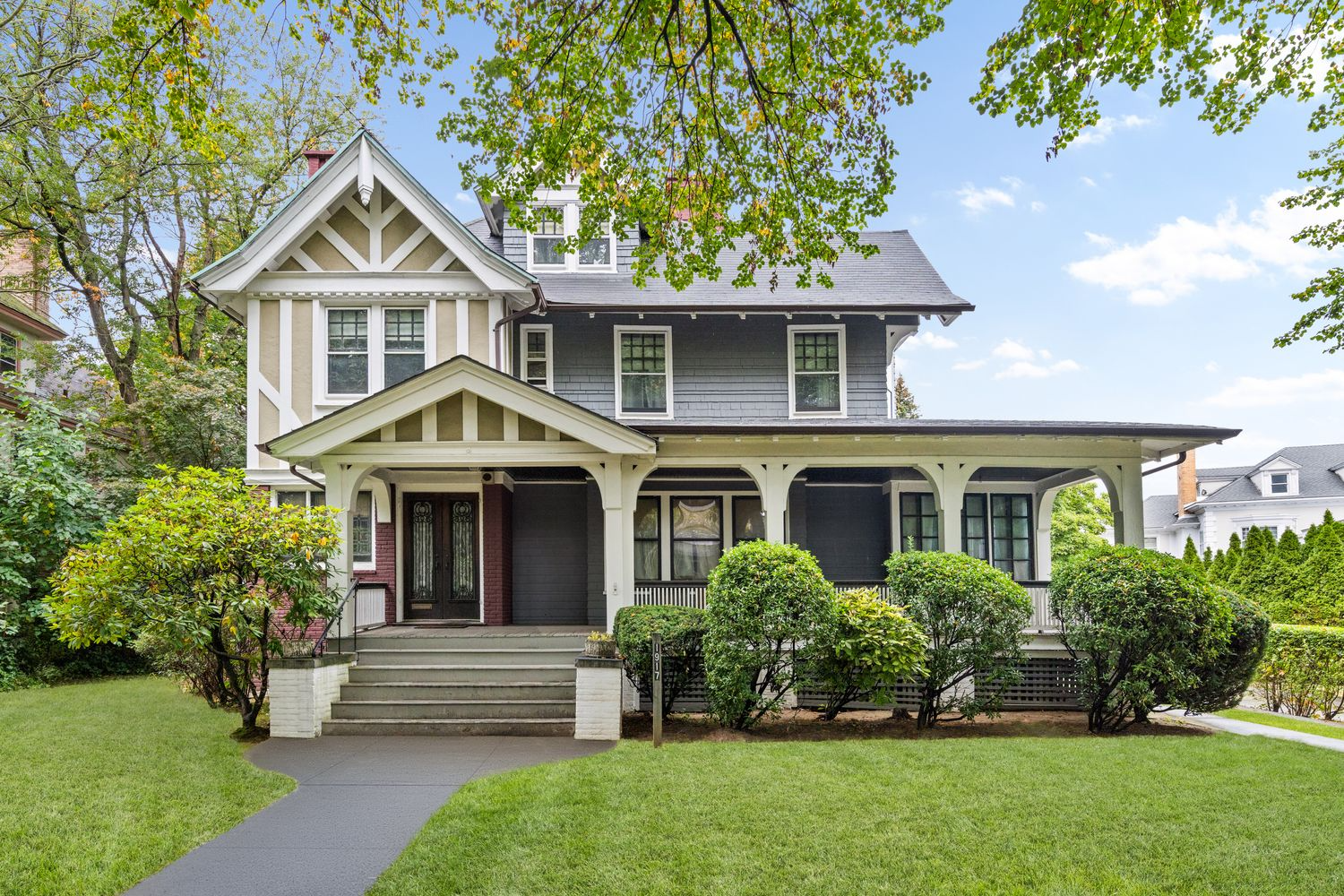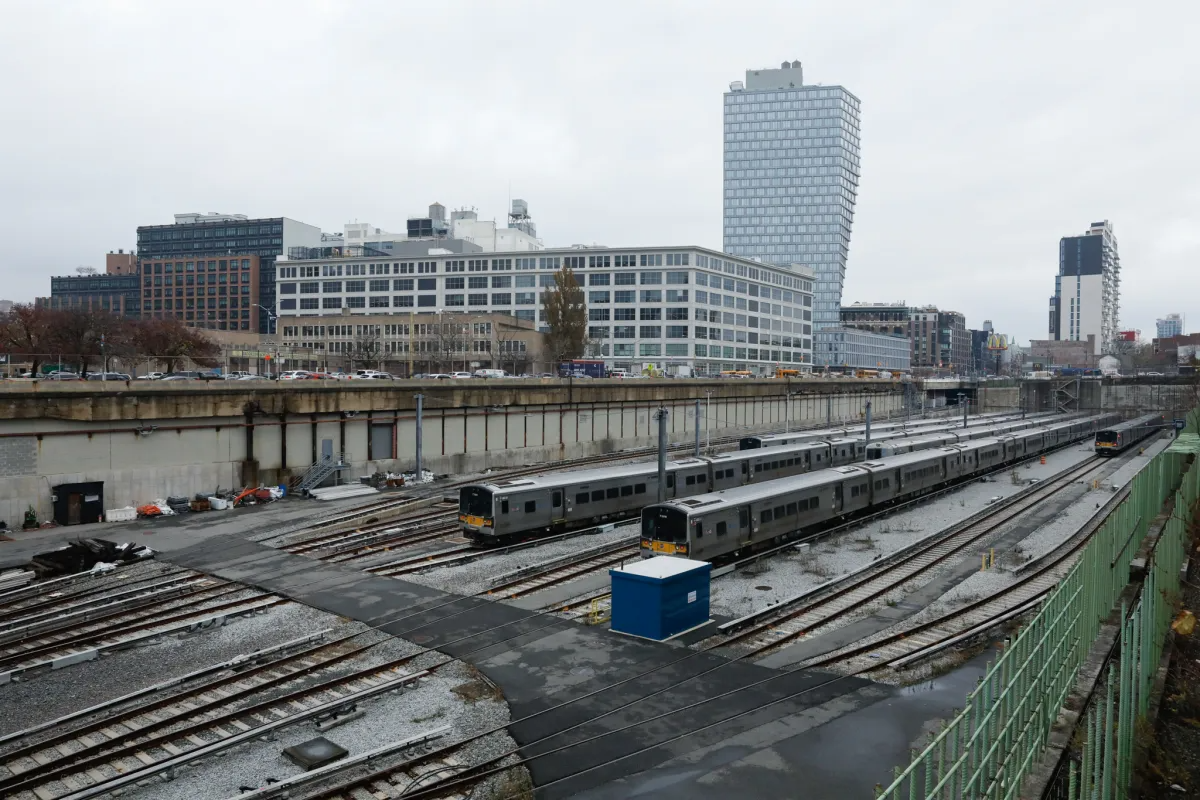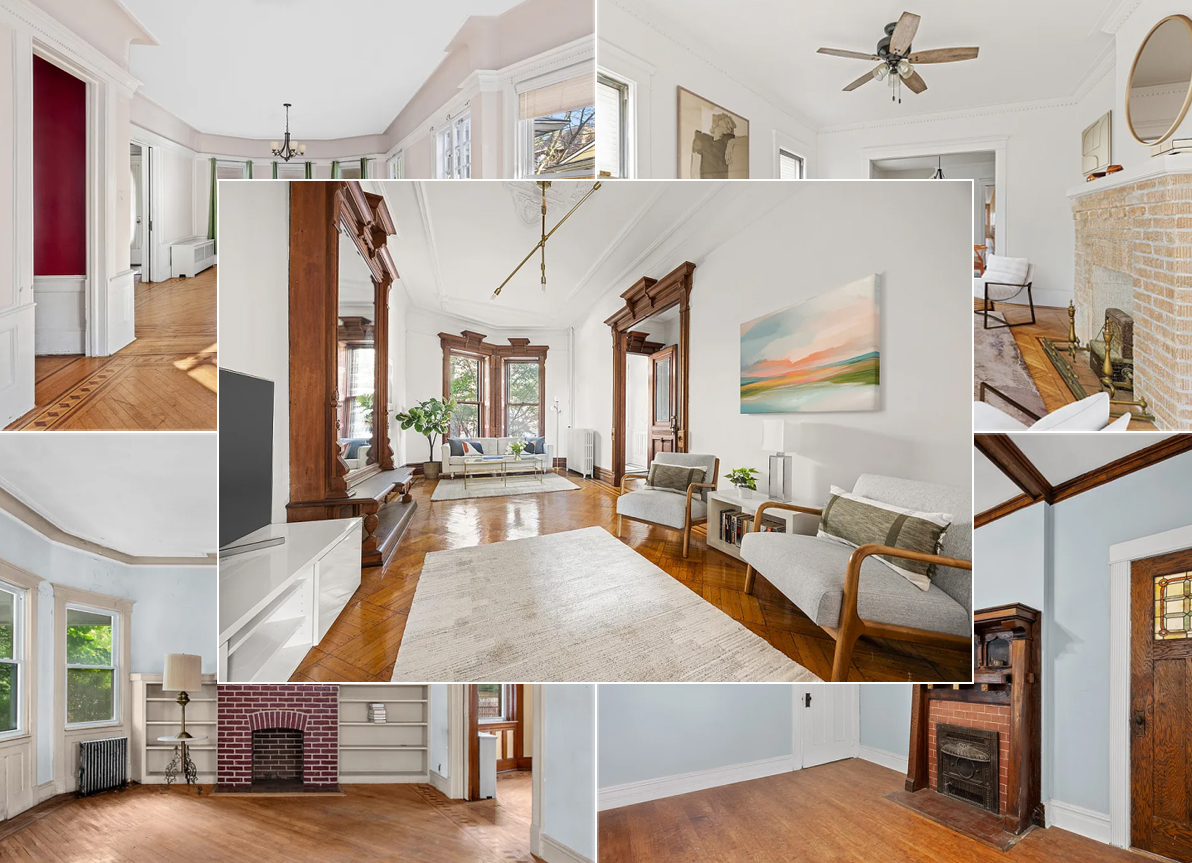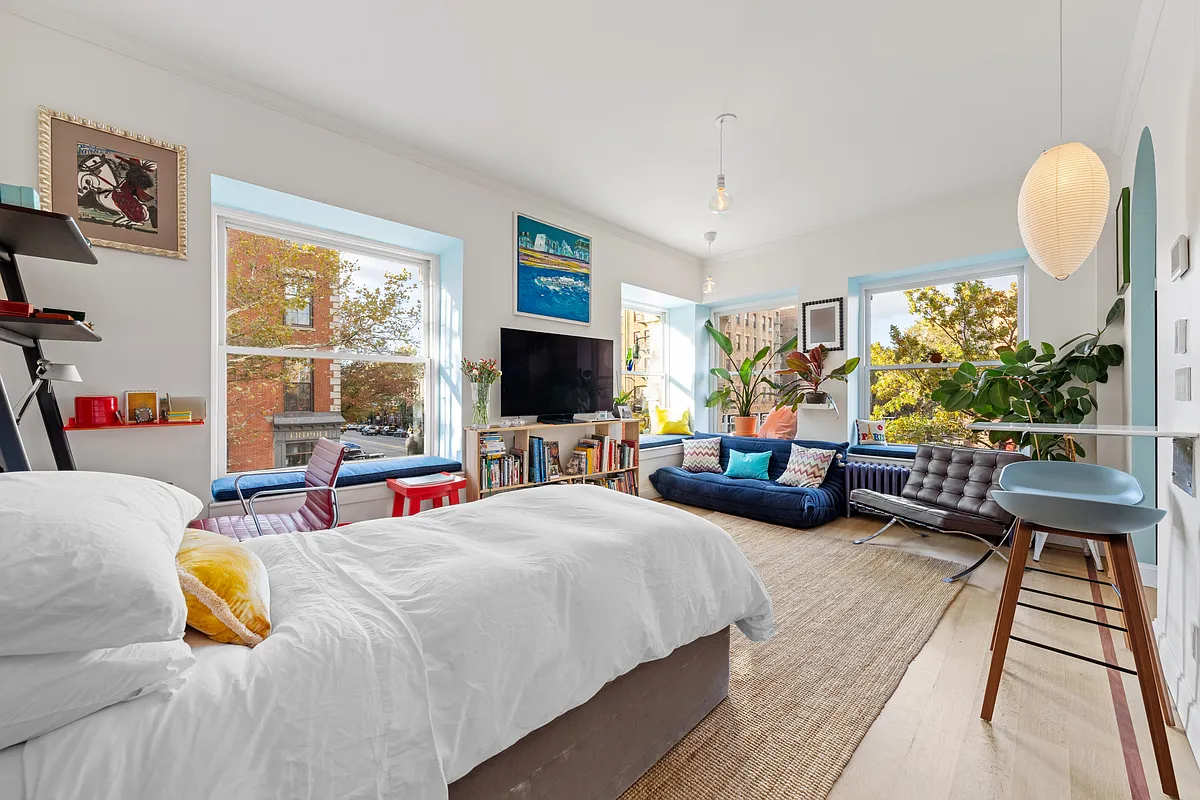Home Ownership Bad for Your Health
Perhaps those who feel desperate to own a home will take a pause after reading this article from Portfolio. “Homeownership is overrated and… it carries a downside as well as an upside,” they write, based on a study of health and happiness and home ownership among women. I find little evidence that homeowners are happier…


Perhaps those who feel desperate to own a home will take a pause after reading this article from Portfolio. “Homeownership is overrated and… it carries a downside as well as an upside,” they write, based on a study of health and happiness and home ownership among women.
I find little evidence that homeowners are happier by any of the following definitions: life satisfaction, overall mood, overall feeling, general moment-to-moment emotions (i.e., affect) and affect at home. Several factors might be at work: homeowners derive more pain (but no more joy) from both their home and their neighborhood. They are also more likely to be 12 pounds heavier, report lower health status and poorer sleep quality. They tend to spend less time on active leisure or with friends. The average homeowner reports less joy from love and relationships. She is also less likely to consider herself to enjoy being with people…
The great satisfaction from ownership, they say, comes when property values increase. Now that that’s less likely, and in many cases values are decreasing, why buy at all, when you can rent and be happy? “In fact, if Americans could be persuaded that rent payments aren’t ‘wasted money’ and that owning often makes less financial sense than renting, I think the rate of homeownership might, happily, drop substantially.”
Homeownership Makes You Fat and Unhappy [Portfolio]
Photo by TheTruthAbout.





“also homeowners always like to bake cookies i’ve noticed.”
Excuse me Rob, but some of us Bitter Renters bake cookies, too! ; )
Being a renter for years and seeing how our parents and a few friends are very satisfied with being home owners we know that owning for us will be a massive improvement in quality of life and LONG TERM investment.
This study lacks statistical Power and its intrinsic Validity is totally misleading hence our opinion.
DIBS thanks again for being on topic and yes our 10:04 comment was geared to specifically encourage this since we feared it would be another back and fort about coffee and lunch… Now we are impressed with your wealth “mais ou est la modeste”?
PS: FYI the language police is dead in France
The economics of renting v homeownership are pretty simple.
Renting you pay $x per month, in return for which you get a home and some repair services.
Owning, you pay $y per month for taxes and utilities (that are included in the renters rent). You pay $z in interest (which is just as gone as rent). If you have equity, you have some money that could be earning interest if it were invested elsewhere — that is another expense (an opportunity cost) that is just like interest. If you are calculating rationally, you should give this a value based on the alternatives you have, and it should be higher than the interest rate on your mortgage (since it is riskier). And you pay (or do) repairs and maintenance, which the renter would have included in rent.
All these are monthly expenses just like rent. Add them all up. So far, if they are lower than rent, you are better off owning. If they are higher than rent, you are better off renting.
Then, there are two additional factors, one financial and one not. One is control-the right to exercise your personal bad taste in renovating. Hard to put a price on that.
The other is future appreciation/depreciation. Owners have the risk (up and down) of future price changes; renters do their investing outside their homes. Most owners are highly leveraged (that is, they have big mortgages), which means that they will make a lot if housing prices go up and lose a lot if they go down. If you buy with a 20% downpayment, and prices drop 20%, you’ve lost your entire downpayment. If they go up 20$, you’ve doubled your downpayment. So in rising markets, owners make a lot, and in declining ones, they lose a lot.
Shiller has done research on long term price trends. Over long term, even in elite cities housing prices tend to reflect cost of construction (not land) rather precisely. That is, they go up more or less with inflation.
Right now, we are coming off of the largest housing bubble in US history; NYC prices are roughly double the trend values. It is a safe bet that over the next few years they will return to trend — that is, drop about half in real terms (probably less in dollars, since inflation will do some of the work). Banks are not entirely dumb; assuming that they are now going to have to keep the risk of jumbo mortgages, they are going to build this expected depreciation into their loan decisions, which will make it even more likely to happen.
Moreover, mortgage rates (at least for conforming loans) are very low. When they rise to more normal levels (which will be higher than in the bubble days of CMOs), house prices will have to drop to compensate.
For both these reasons, buyers should be planning on price depreciation over the next several years, and little (real) appreciation after that (unless mortgage interest rates go below inflation). So even if your monthly costs (including the lost interest on your downpayment and the time you spend in maintenance) are less than rent, you still may be financially better off renting.
The economic way to think about appreciation/depreciation is to decide whether you think buying highly leveraged NYC real estate is a better investment than the alternatives you have. There is nothing magic about “paying off the mortgage and living rent free”: it isn’t free, and if you rented and invested successfully, you’d be able to live work-free too. The only issue is whether this is the best investment you have. (In rising markets, for small investors, it usually is: it forces you to save, and it is the only convenient way to use leverage, two things that amplify returns on the way up.)
me pardonner, Pierre, I forgot about your 9:37 post.
Plus, my 10:08am was said to you in jest 🙂
Pierre, you can veer off topic all you want. Your posts can be in french. You can call us idiots and say the french are better. It doesn’t bother me.
Renters vs Owners – here we go again.
The article should have also studied Renters who are unhappy because they don’t own.
“They tend to spend less time on active leisure or with friends. The average homeowner reports less joy from love and relationships. She is also less likely to consider herself to enjoy being with people…”
Maybe owners are those who are more likely to value things (mainly their houses, and their houses’ value) than relationships or experiences.
Notsomuch on that easy retirement, DIBS. My father is constantly having to find renters for his place while he travels the world. It’s kind of a pain, not to mention at this point his place needs a ton of work, most of which it’s not getting.
7andfive…you are correct about the flexibility as a renter and it is especially an issue to have that flexibility during this hard economic time. Bjut, things will change and eventually home prices will start rising again. No, not next year. In the long term home ownership makes for an easier retirement.
We’ve all been on topic Pierre. You’re 10:04 post is the only one that is not. Last I looked there wasn’t a limit on the number of times someone can post. That inclusion of “dude” would be frowned upon by the French language police.
In an economic downturn renting does make for more happiness. There is no stress over mortgage payments. Yes, I can lose my apartment for not paying rent but for some reasons it doesn’t carry the stress of having your home being foreclosed.
Also, as a renter I can pick up and leave if needed. Now, if I move away for a job as a owner, I have to find renters (and hope they don’t get laid off), or try to sell my place. I have lots of friends who were laid off in the past few weeks who are going through this. All I can say is I’m happy I didn’t buy.